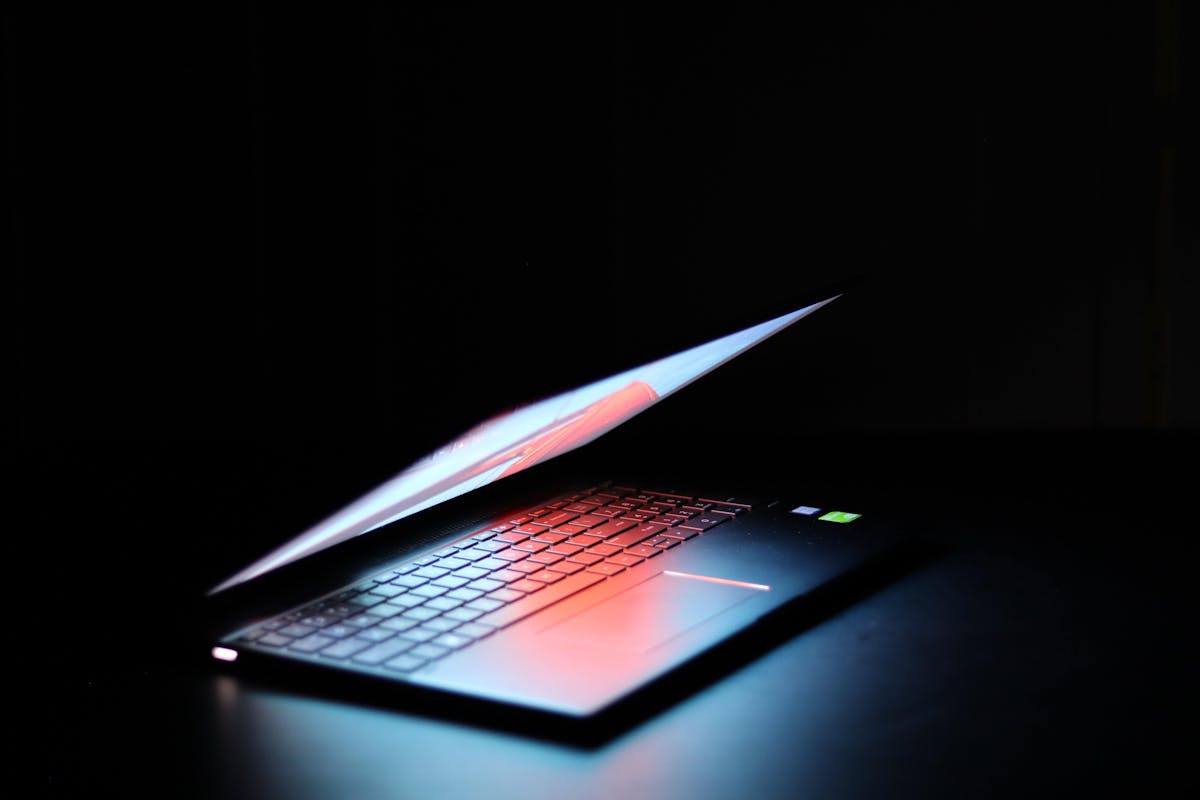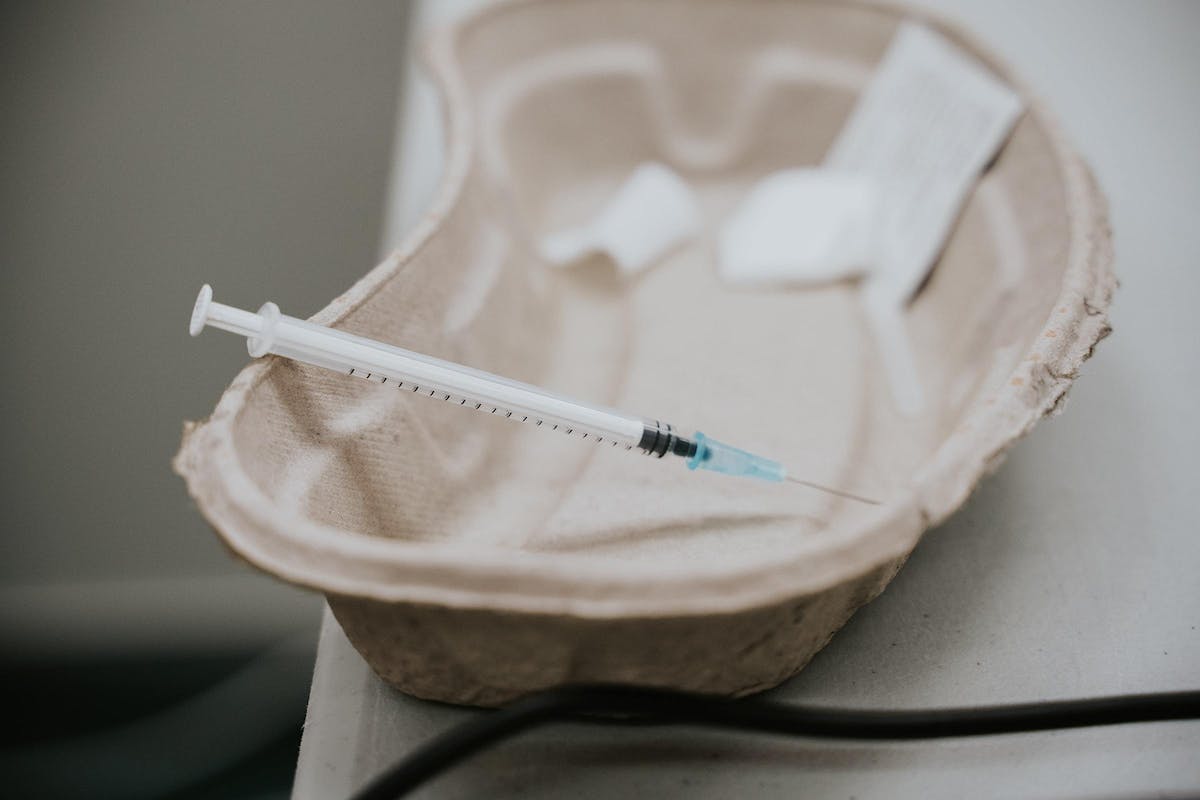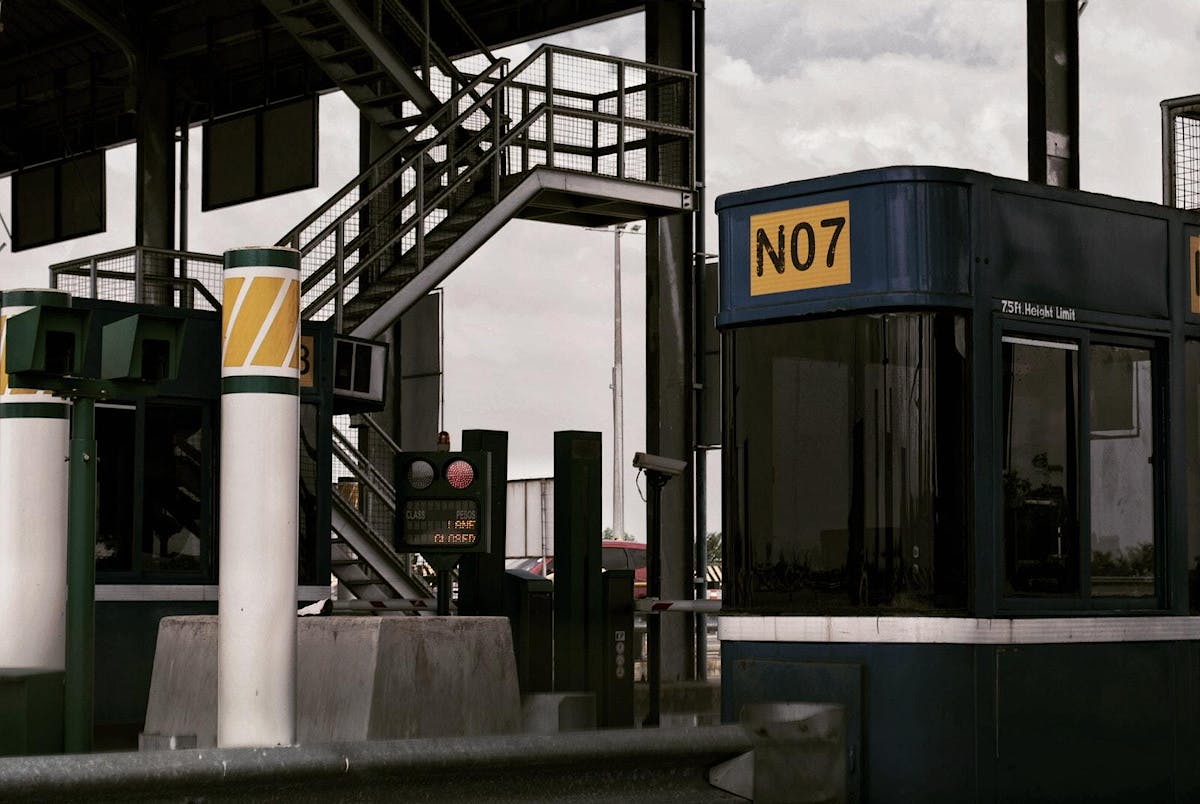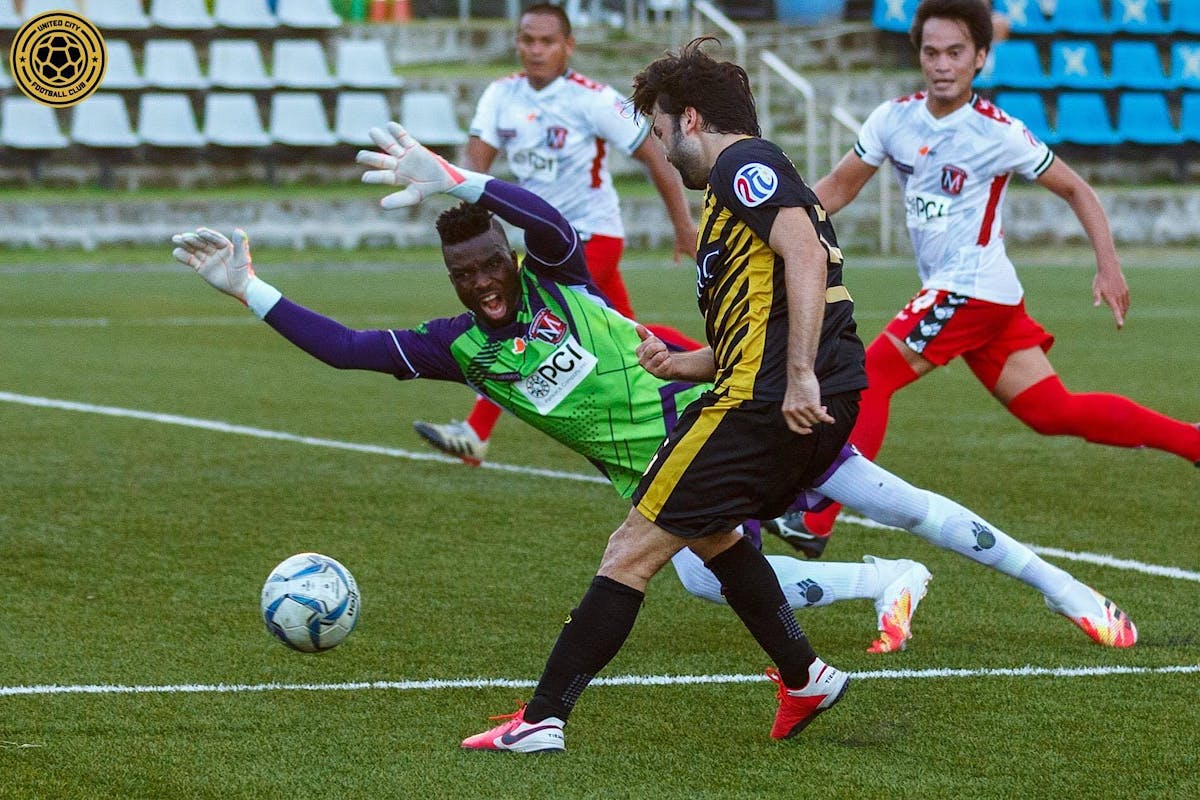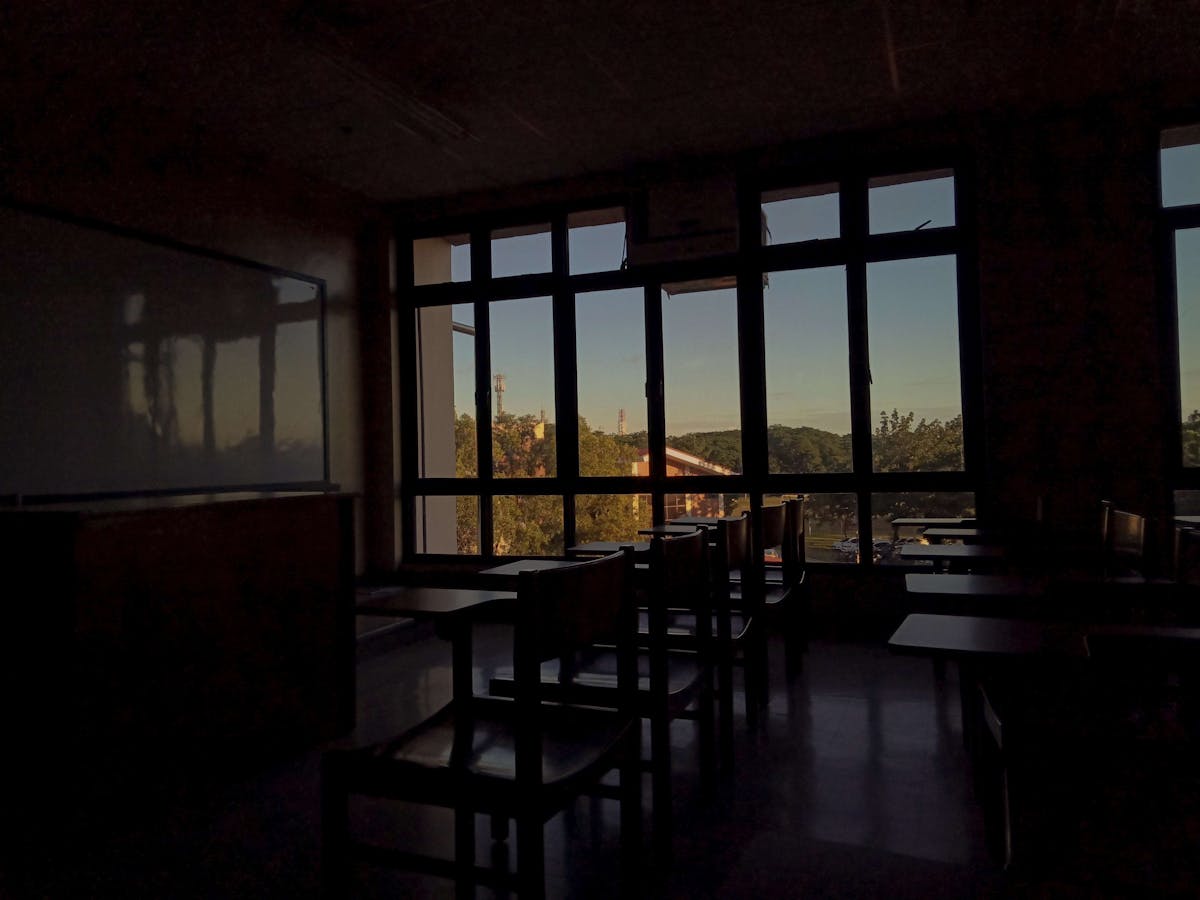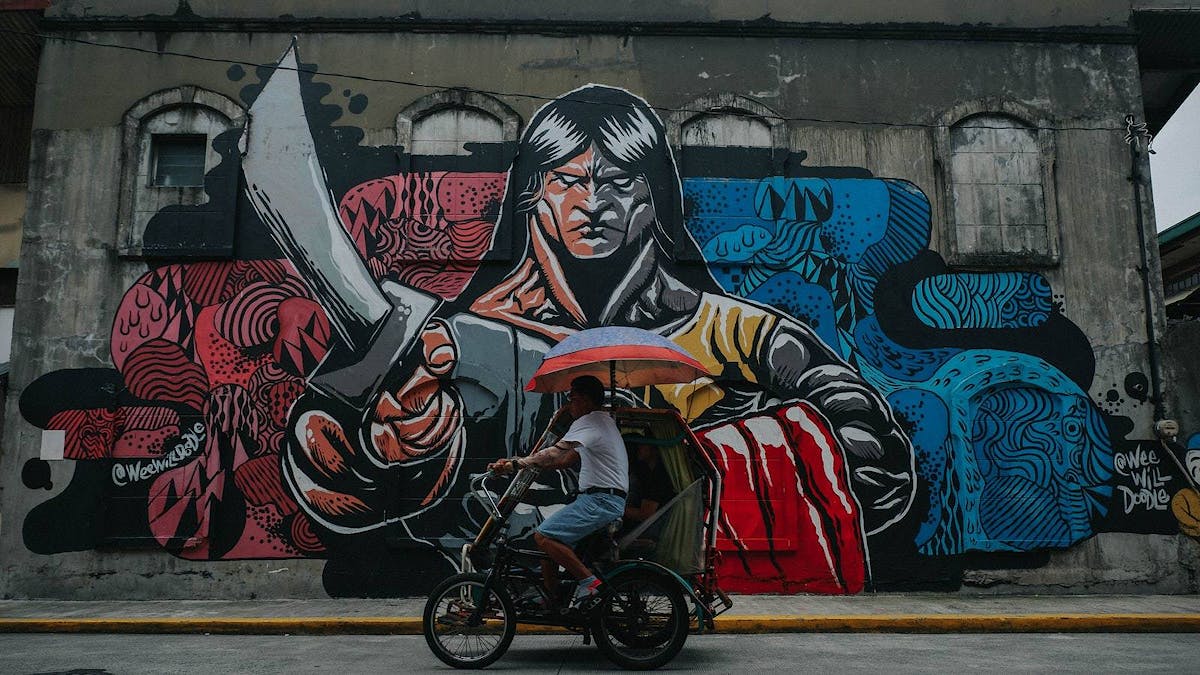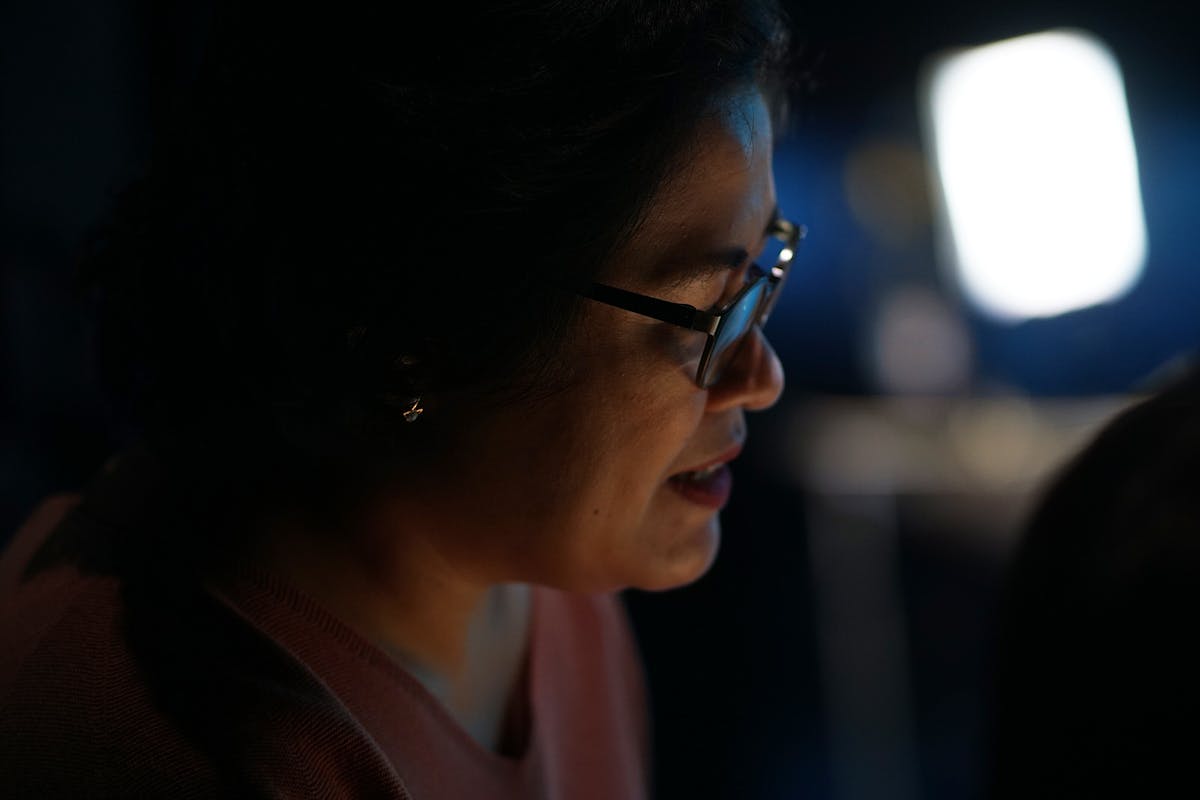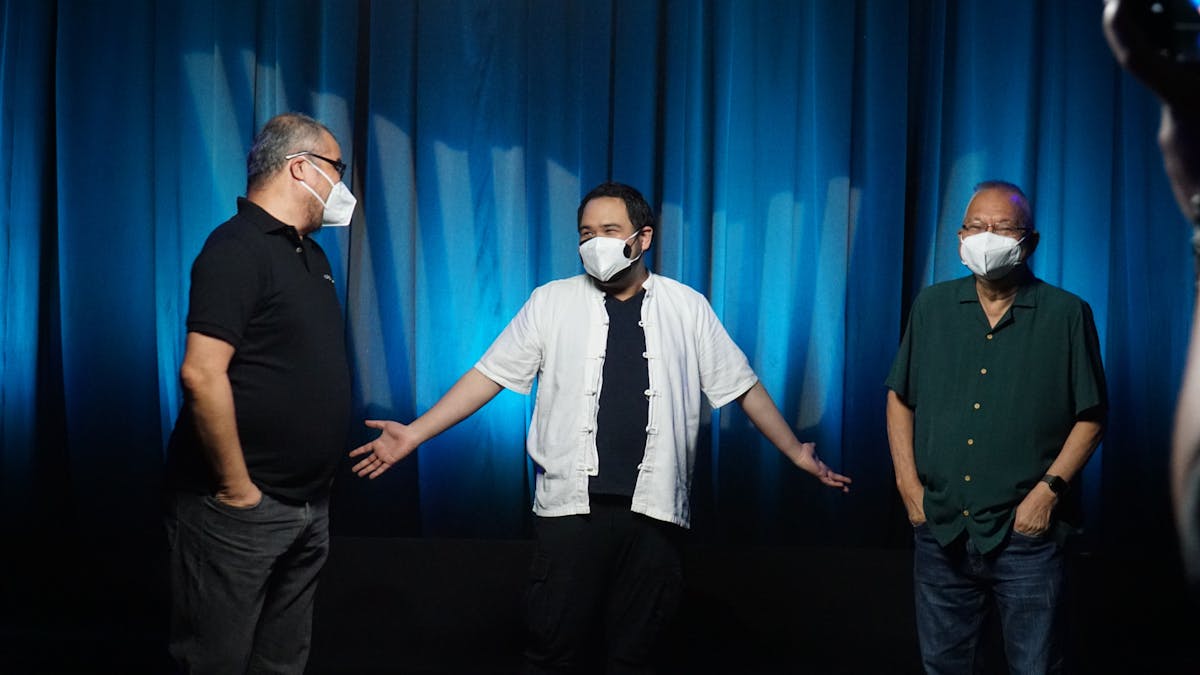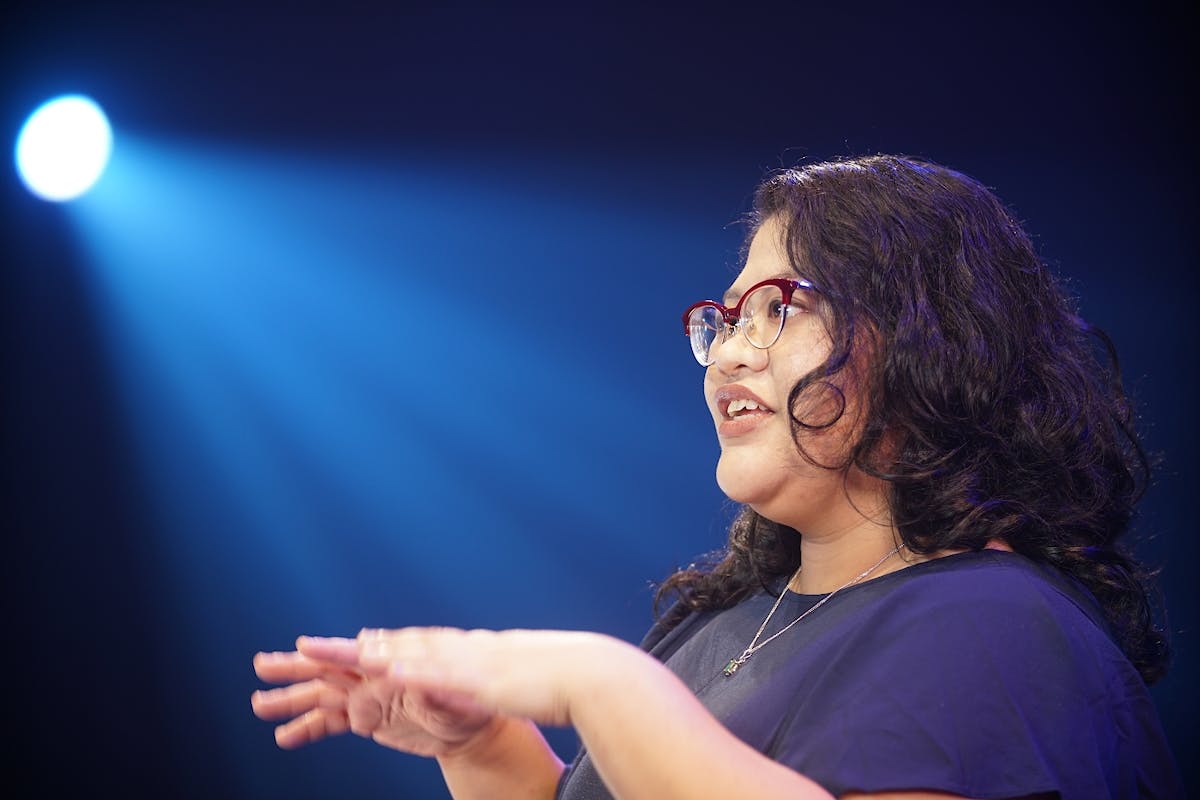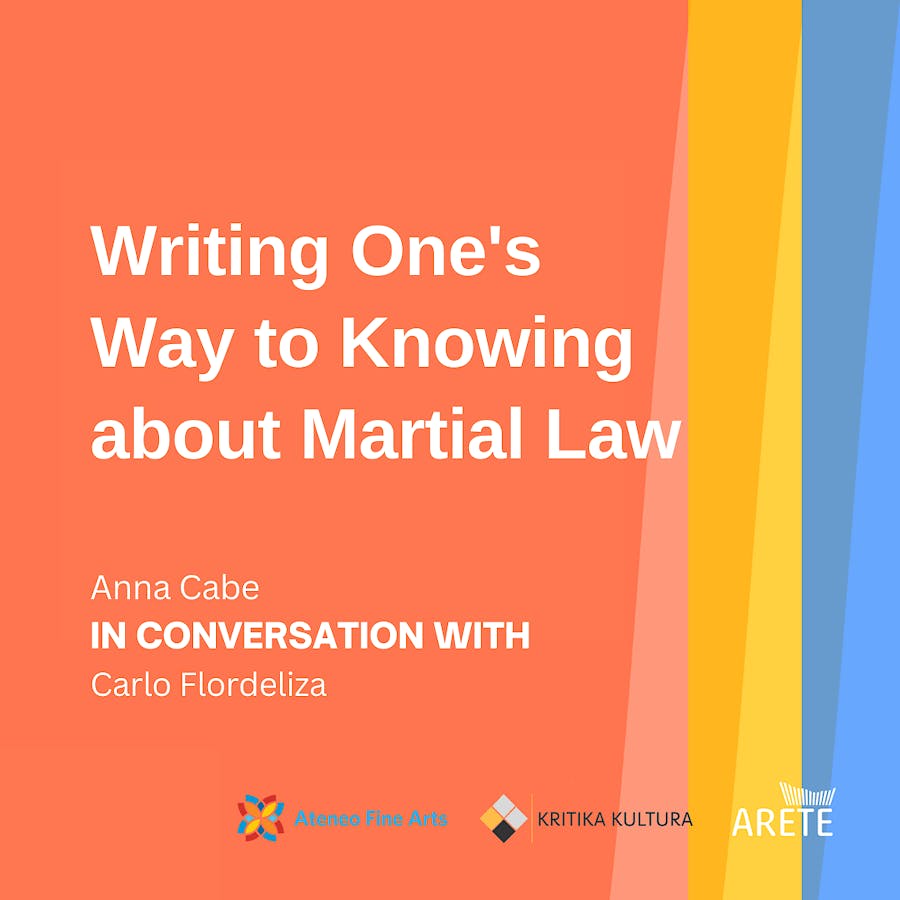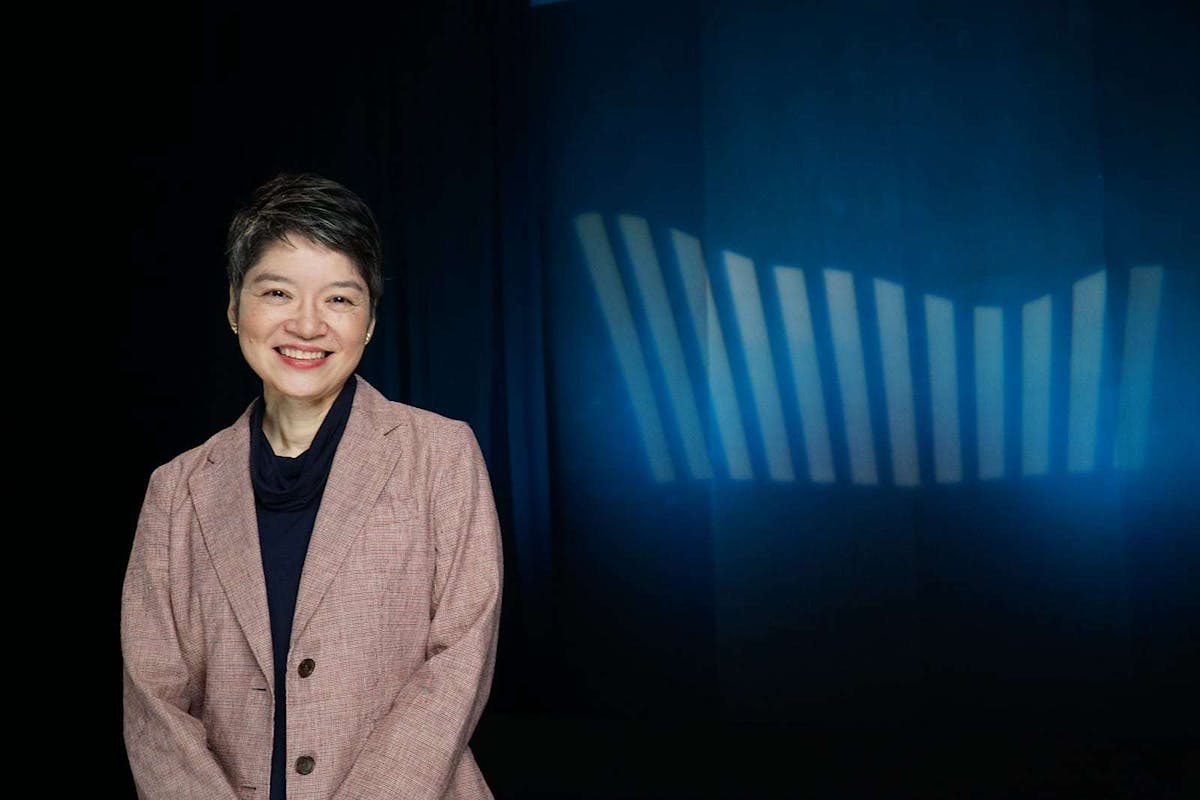
Our Way Forward
COVID Vaccination: To Receive, or Not To Receive?
Headlines banner COVID Vaccines as coming to the Philippines to end the raging pandemic, revive the economy and bring back “the normal”.
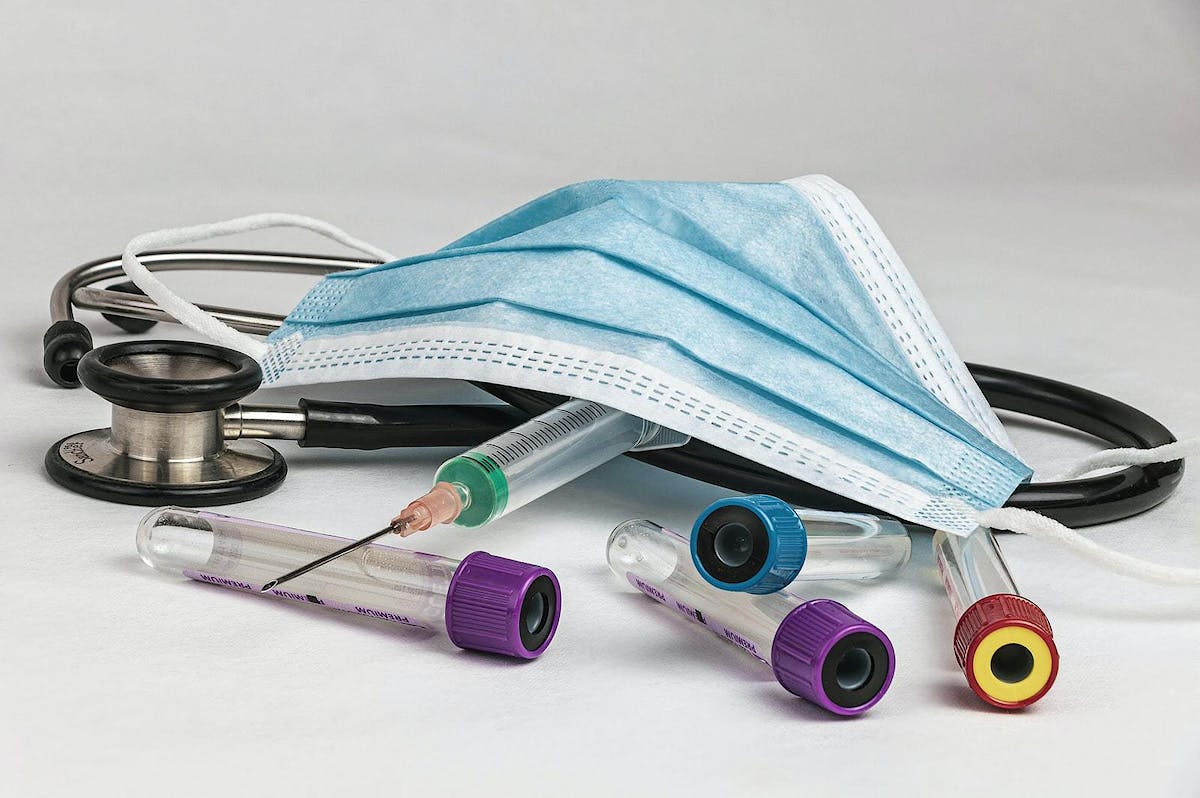
Headlines banner COVID Vaccines as coming to the Philippines to end the raging pandemic, revive the economy and bring back “the normal”. The fiascos of earlier COVID programs, Denguevax events, misinformation and disinformation campaigns, political greed and incompetence, raise concern, even fear, as many ask: “Should I receive the vaccine?” “Should I contribute to the vaccination program?”
The purpose of this presentation is to provide correct current information so that each reader can make an informed decision when answering these questions. Current to mean December, 2020: admitting that knowledge is fast evolving and by the time you read this it may be “misinformation.”
It will explain the role of immunization and vaccination in health, describe how vaccines are made, relate our Philippine situation and then state the considerations in COVID-19 vaccination decision-making.
One effective practice that protects an individual from infectious disease is by improving his/her immune system through immunization. Immunization results in an individual (host) possessing antibodies that recognize and remember the specific infectious organism and learn to respond more strongly to a succeeding exposure. A successfully immunized individual resists the specific infection, has less chance of getting sick or of getting a severe or complicated disease. A successfully immunized population reduces and even eradicates specific infectious diseases in its community.
Immunization is passive when the host receives antibodies made by another. It is active when the host produces his/her own antibodies. Active natural immunization occurs following an infection, which explains why certain diseases, like Measles, usually occur only once in a lifetime. Conditions such as the individual’s poor health or living circumstances at the time of the infection, make active natural immunization less safe than active artificial immunization (vaccination) which is delivered under controlled conditions. In vaccination, vaccines containing antigens (whole live, deactivated or attenuated, organisms, subunits of organisms: whole or spike protein, messenger recombinant RNA, etc. foreign to the host) are given to the host to stimulate the host’s immune response to produce antibodies.
Herd immunity refers to the condition wherein immunizing a proportion of the population (proportion determined by transmissibility of specific infectious organism and efficacy of the vaccine) is sufficient to protect the community and achieve control of the disease.
Developing a vaccine is a complex process. It includes an exploratory phase that searches for possibilities, the laboratory phase that chooses the antigen, the preclinical phase that does animal trials and the 4 clinical phases that test it for safety and efficacy in progressively larger human populations. Conception to large scale implementation takes decades, millions of dollars and the efforts of multitudes of scientific and ethical experts.
During the COVID pandemic, institutions around the world raced to meet the demand for effective measures to combat and control the disease. The vaccine development process accelerated building on knowledge from the SARs and MERs epidemics. As of December 17, 2020 there were 85 in the preclinical trial phase, 81 clinical trials of which 18 were in phase 3.
In addition, certain countries (USA, Great Britain) approved specific vaccines despite the lack of the usual complete development cycle particularly, phase 4 of the clinical trial (testing the vaccine on a large population to ensure long term safety and efficacy). This was justified by the urgency of their situation.
We do not produce vaccines. Our regulatory authorities, primarily the FDA, have the responsibility to ensure that these vaccines are safe and efficacious. In the case of the COVID vaccine, the Vaccine Expert Panel reviews submitted information including clinical trial results, compares them with set standards for safety, immunogenicity and efficacy, then makes recommendations to the FDA. Following ethical approval, the FDA approves the vaccine for public use as it sees fit to our setting. As of December 17, 2020 , no vaccine has been approved by the FDA for public use.
Inasmuch as vaccines are imported, stored, and delivered to the place of vaccination, it is essential that transport, storage, and handling facilities and processes keep the vaccine viable and stable. The match between what is needed for these and what can and will be done is extremely important in decisions regarding which vaccine to purchase and where people should be vaccinated.
The process of importation by the government and private sector is on-going. By 2021 we expect vaccines to be legally available and the vaccination program to have begun.
Government, according to news releases, will prioritize vaccination to healthcare workers in public hospitals, then to the indigent. The private sector will prioritize their employees and their employees' dependents.
1. Is the vaccine safe and effective?
No vaccine is absolutely and completely safe or perfectly effective. But the risks of most vaccines are outweighed by the risks of getting the disease.
Your first option is a vaccine approved by the FDA for public use. Benefits and risks have been weighed, present circumstances considered and a positive recommendation made. Unfortunately, you will have to wait until the FDA approves a vaccine for public use.
Your second option is a vaccine approved by FDA for clinical trials. These vaccines have evidence of safety and efficacy done outside the Philippines to limited populations and are introduced here to obtain data from a much larger population including our own. You can volunteer to participate in these trials for altruistic reasons or for reasons of self- interest. Participants in clinical trials receive free medical care, are properly monitored, and have a 50% chance of receiving the trial vaccine with whatever benefits and risks it may bring. Clinical trial vaccines are usually available in large hospitals with infectious disease specialists.
A third option is to buy available vaccines from the black market. The vaccine may originally have come from a reputable company and may be in use outside the Philippines. Nevertheless, there is no assurance of proper handling and consequently, efficacy and safety. So choosing it is a gamble only you can decide if it's worth it.
A fourth option, planned by those who can afford it, is to go abroad for the vaccination. All countries have limited supplies; most have priority allocations. Before you go, make sure you will be able to get the vaccine when you reach your destination.
Initial studies show that with the recommended doses, protection against severe and possibly, all COVID-19 for at least a few months (duration of study period so far) is likely to occur. With more people not getting sick, disease transmission will be reduced but the direct effect of vaccines on an asymptomatic or carrier state has not been proven. Long term adverse effects, length of immunity, frequency of vaccination, have not been determined. No consensus recommendations regarding use in pregnancy, children, immunocompromised and previously infected cases have been released.
Is vaccination right for you?
- Are you exposed to the disease . . . likely to get it and therefore in need of protection? Chances are if you are the average sociable Filipino you are definitely exposed to the disease.
- Is your immune system robust enough to mount a favorable response to the vaccine? Are you on immunosuppressive treatment? in an immunocompromised condition? elderly? These may impair your immune response.
- Are you presently sick? Especially, with a fever? If yes, vaccination is also not advised. You don’t want to confuse your immune system and you don’t want adverse reactions to add to your discomfort.
- Are you likely to develop an adverse reaction? Side effects are mostly transient and mild: redness and soreness of the vaccine site; easy to tolerate. Reported serious adverse reactions are few and usually relate to allergy. If you have had previous allergic reactions to vaccination, think twice.
So, if you are exposed, have a good immune system, are not sick and have not had an allergic reaction to vaccination, you are a good candidate for vaccination. On the other hand, if you live in isolation, if your immune system is impaired, if you are sick or if you have had allergic reactions to vaccines, you may not be right for the vaccine. Certainly not now. Consult your physician before you ask for it.
2. Once the vaccine is approved and available for public use, a moral consideration exists.
At least for the first year, the vaccine will be a scarce resource not available to all. In the shortfall, there might be someone who needs it more than you: more high risk? more exposed? who you should give your place in the queue to? The vaccination program is not only about protecting oneself. It is also about protecting the other, protecting the whole nation.
3. Finally, if you have found the good vaccine, it will work for you and you deserve it, choose a source that has appropriate facilities to preserve the required cold chain.
Follow the specific instructions of your chosen brand: dose, timing of succeeding injections, what to look out for and report. Different vaccines are not interchangeable. Do not receive the first dose of one and the second dose of another. Do not expect reported adverse events of one to happen with another.
- Fill the communication gap between the right information and mis/disinformation. Be critical about information from media, politicians, entrepreneurs and other non-scientific sources. Fact-check: review current literature from reliable sources (WHO, PSMID), seek concurrence; then share. Spread the right information! Correct all and any misinformation!
- Continue and encourage others to continue all preventive measures against COVID-19. Without them we would be in a much worse situation. Vaccines carry a message of hope, but vaccines alone will not solve the pandemic. The Swiss cheese model is often cited to explain disease prevention. Each slice represents one level of prevention. As the holes of one slice/level, allow viruses to pass through, the solid areas of the next slices/levels block it. So too as viruses overcome one level of prevention other levels can stop it.
- Stay home as much as possible, and only go out when absolutely necessary. If you do need to go out, avoid crowded areas, and follow physical distancing protocols (1 meter apart).
- Be creative and resourceful. Find where you can help.
Will I be vaccinated? Certainly, once a vaccine is approved by the FDA for public use, it is available from a reliable institution, and will be administered by a competent healthcare giver.
In the meantime, I will continue the effective public health measures to prevent the spread of COVID-19. I will stay 1 meter away from others, choose well ventilated spaces, wear a mask, wash my hands, disinfect, cover my nose and mouth when coughing or sneezing, and isolate the sick.
I will also pray hard for wise, service oriented, and courageous leaders.
